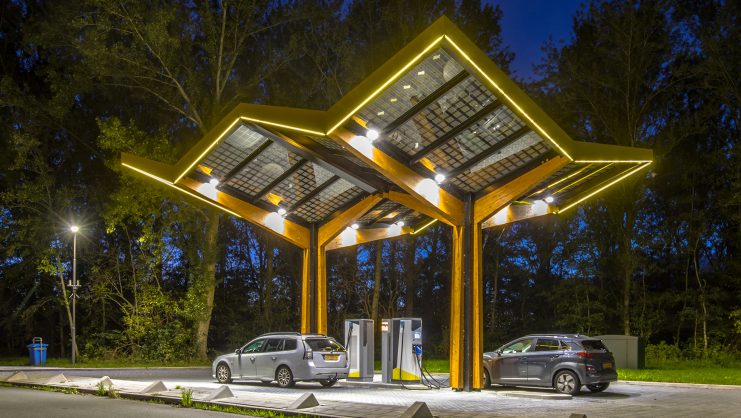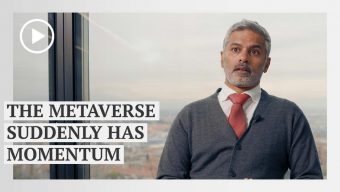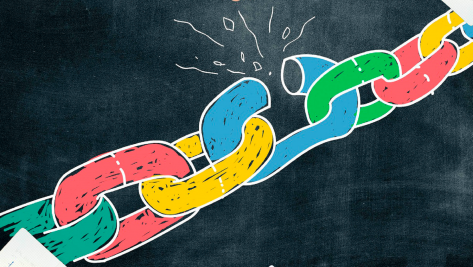Nowadays, only idiots, ignoramuses, and conspiracy theorists deny the existence of climate change. Hundreds of national governments have acknowledged the climate emergency. What, then, are we doing wrong?
Ten percent of the global population lives in regions affected by the climate emergency. Australia—a country led by flagrant climate deniers—is burning like never before. And studies have reliably shown that eliminating coal from the energy mix saves lives. The evidence is mounting all around us. So why do politicians the world over continue to behave as though we were not facing an emergency? Why hasn’t Australia faced the sort of international political pressure that was leveled at Brazil when the Amazon was on fire? Why haven’t we banned the use of coal worldwide? What prevents us from reacting to the greatest threat ever faced by humankind? What stops us from addressing this existential crisis?
The very technologies that have made us healthier, wealthier, and longer-lived must now be replaced by sustainable alternatives.
An obsolete economic system
The answer is as clear as it is depressing: the excruciating slowness of the transition towards clean, renewable systems can be traced directly back to our economic system. By twisting and misinterpreting the words of prophets like Adam Smith and Milton Friedman, the neoliberal capitalist system has self-immolated, giving rise to a wholly unsustainable model characterized by soaring inequality and an utter lack of shared responsibility.
Viewed through the lens of history, however, capitalism has worked reasonably well. It has produced strong economic growth, increased well-being significantly, lengthened the human lifespan, improved living conditions, and generated numerous other positive effects that seem obvious if you compare today’s society with that of one or two centuries ago. Capitalism has also done decidedly better than the alternative systems.
However, the success of capitalism is actually the main problem: nothing is more difficult than changing a system that works well. But our current economic system is not just obsolete; it is leading us into a crisis that threatens the very existence and viability of human civilization on our planet.
What makes our economic system obsolete? As Internet-based technologies have brought transaction and coordination costs down to the lowest levels ever seen, an unlikely suspect has emerged as history’s most innovative ecosystem: open-source development communities. These loosely coordinated groups of developers are behind most of the software we use today: search engines, smartphone apps, social networks, and the programs fueling the great scientific advances of our time. Open source has proved beyond doubt to be the best development system history has ever seen—and far superior to secretive competition-based systems.
The global economy, in contrast, is still based on closed systems. Equipped with total or near-total sovereignty, these entities—which we call countries—are free to choose whatever competitive strategy they think will help them outrun their neighbors. But what, exactly, are they running towards? If we continue along our current path, we’ll end up like lemmings—running off the edge of a cliff. Anyone can see that the system does not work: virtually all multinational companies—not just tech firms—have figured out how to pay an effective tax rate of less than 3% or 5%.
Nothing will really change if we do not change our economic system.
The need for change at all levels
We can talk all day about tax inequity, environmental irresponsibility, and even humanitarian atrocities, but the real problem is the economic system. It is a system that sanctifies national sovereignty and utilizes trivial, superficial, and frankly absurd metrics such as gross domestic product (which, to paraphrase Robert F. Kennedy, measures everything except that which makes life worthwhile) and job creation (what will we do when most jobs are simply unnecessary?). Moreover, there is no central organization capable of exercising real authority. Think of the recent global climate conferences, which have yielded ever more disappointing conclusions and proved incapable of generating any real, effective action. Most participants attend begrudgingly, producing nothing but lies and nonsense. The organizers, meanwhile, are incapable of enforcing any sort of discipline.
When we talk about the need for change in order to prevent an emergency recognized by the entire global community of climate scientists, we miss a key point: nothing will really change if we do not change our economic system. And changing our economic system will require changes so profound that many people will dismiss them as impossible.
But they are not impossible, for two reasons. Firstly, we now have a new generation of better informed citizens who are more engaged, less distrustful of science, and well equipped to “vote with their feet” in terms of what they consume and how they behave. We need many more Gretas, many more leaders willing to do anything to effect change. Secondly—and not merely because this article is being published by educational institution—we have to acknowledge the ripple effect of education. We must stop transmitting antiquated knowledge and help to develop and accelerate this much-needed change. So much is at stake.
© IE Insights.











